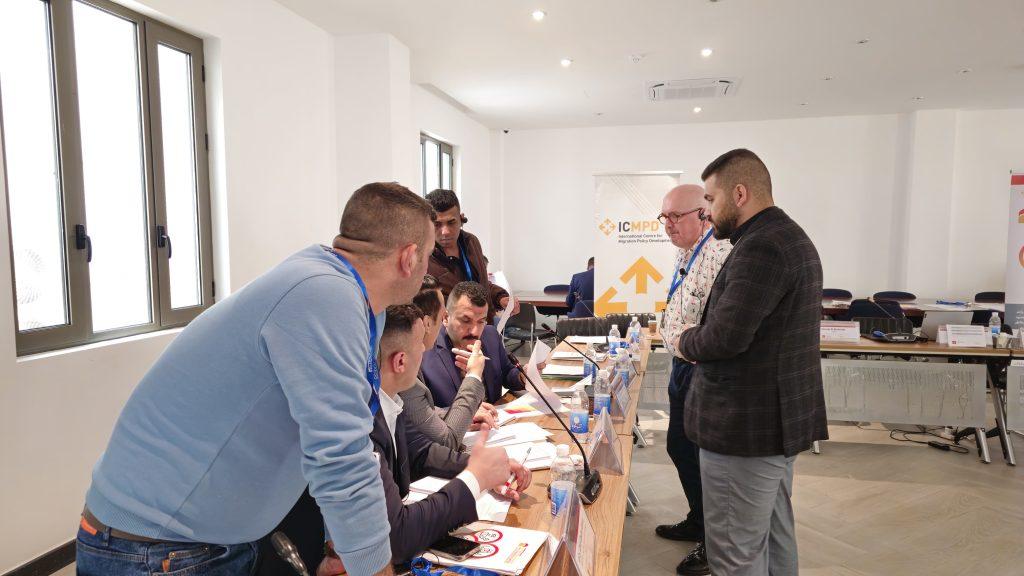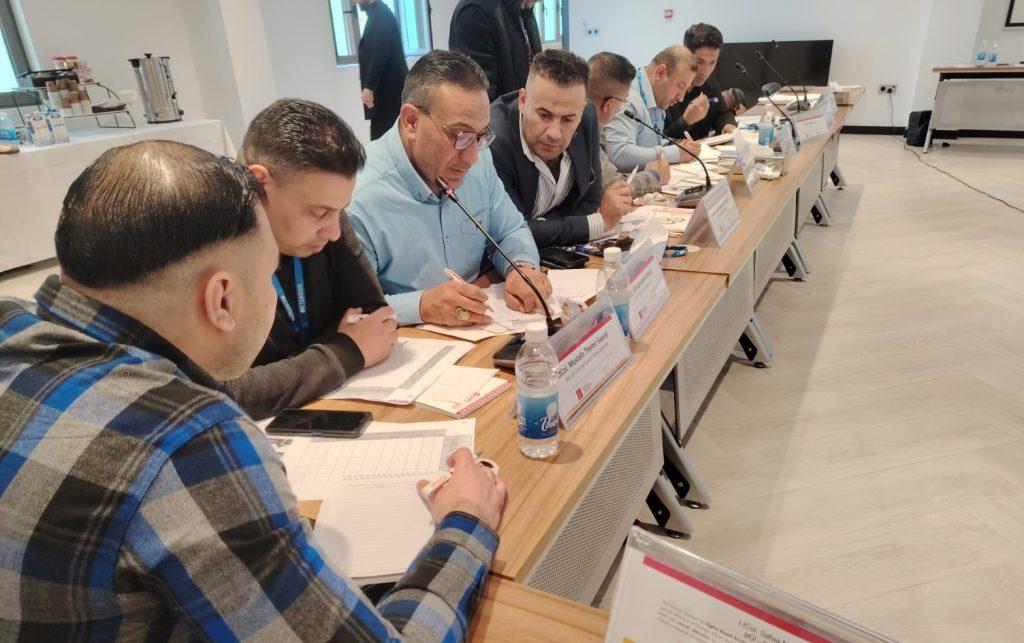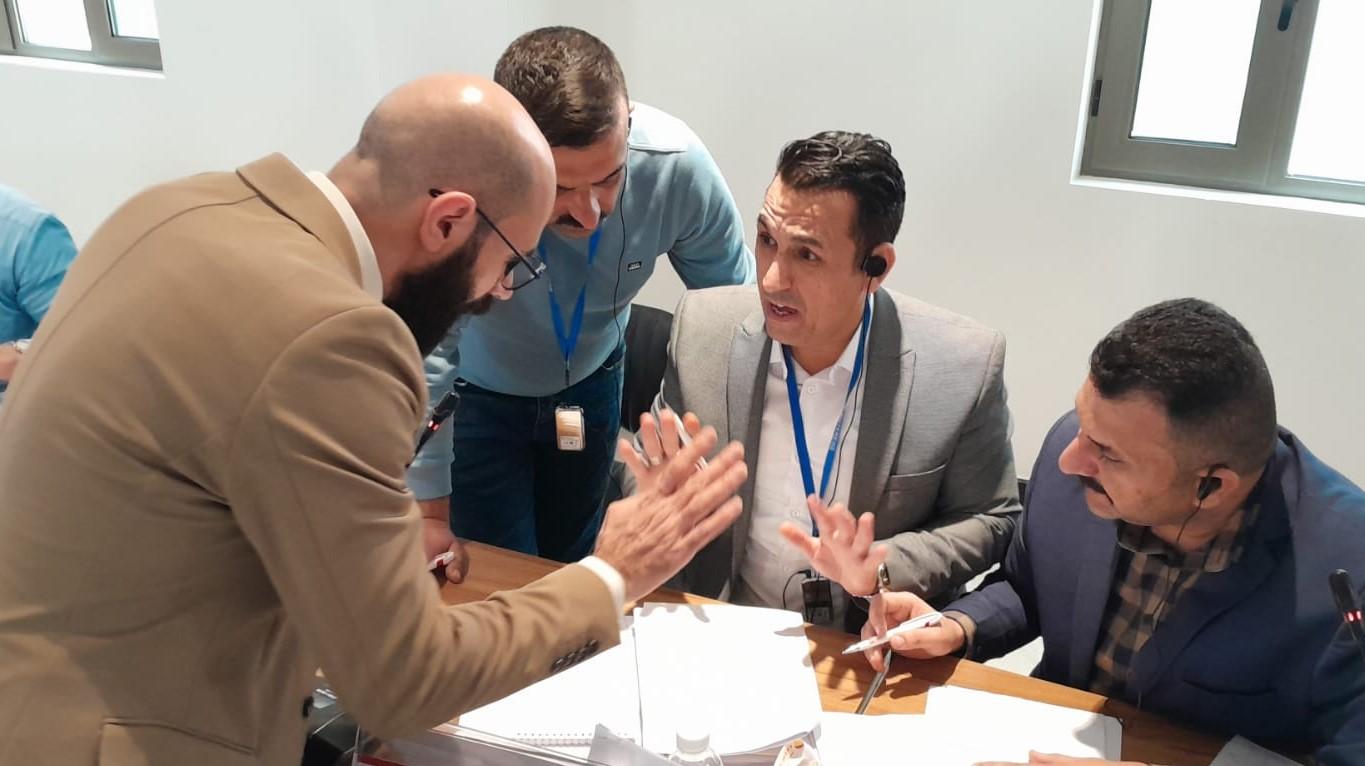Risk analysis plays a central role in the management and security of borders, forming the cornerstone of border control. It enables the assessment of threats, vulnerabilities, and impacts on border and internal security at the national and regional levels through inter-agency information exchange. Additionally, it supports the pooling of resources, planning, and implementation of strategic and operational measures within an integrated border management framework.
Since the end of 2022, with the support of the ICMPD-implemented and Denmark-funded “Rights-based border management in the Silk Routes countries” project, the Iraqi Ministry of Interior has been working on the development of a risk analysis system. This effort has resulted in the elaboration and endorsement of the Integrated Risk Management Policy within the Ministry of Interior. The document establishes a clear and transparent methodology for risk analysis, serving as a benchmark for analytical activities, thus promoting harmonization and the prerequisites for efficient information exchange and cooperation in the field of border management. The model promotes a common understanding and approach to risk analysis, which is especially important in a multi-agency environment— the current environment in which border management in Iraq operates.

The policy also addresses the organisational structure and creation of risk analysis units. To ensure harmonization of analysis standards within MoI service branches regarding border management-related risk analysis and to guarantee the availability of relevant expertise in units responsible for risk analysis, there was a need for professional training of analysts. To address this gap, risk and data analysis experts from ICMPD have been working on the development of the curriculum for the basic risk analysis training, which was implemented during the two-week long training that took place from February 4th to February 15th, 2024. It involved 15 officers from the Planning and Follow-Up Directorate, Border Force, Customs Police, Federal Intelligence and Investigation Agency, Civil Affairs, Passports, and Residency Directorate of the MoI. The course was divided into two with specialised sessions focusing on the intelligence cycle, analytical tools and techniques, types, and sources of information followed by seminars related to the Risk Analysis model and practical exercises related to the development and use of various analytical products.
The basic training is the first step in the comprehensive Train the Trainer Programme to be delivered to MoI, which will include a second basic training, advanced training for the selected best officers, and the ToT training itself. The programme will be finalized by summer this year. The program aims to provide the Ministry with sufficient human resources to establish and operationalize risk analysis units in the directorates related to border management and to eventually manage such training programs internally. This involves integrating the developed training curriculum and the best graduates of the ToT programme into the Ministry’s training and qualification plans.

